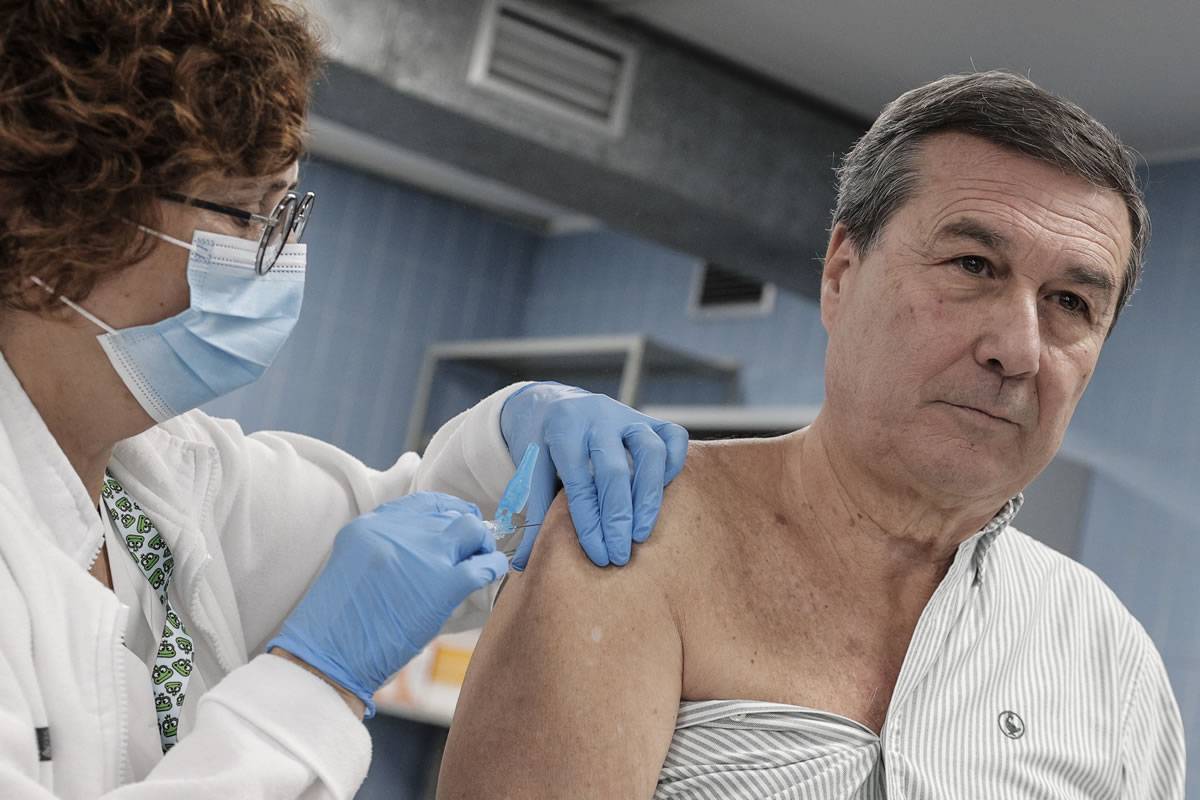Ministry of Health warn that Flu and COVID cases are rising sharply in the Canary Islands
- 28-10-2024
- National
- Canarian Weekly
- Photo Credit: El Mundo
The Canary Islands have seen a marked increase in flu and COVID infections over the past month, coinciding with the start of the academic year. While the rise in respiratory infections remains manageable, recent data from the Carlos III Health Institute shows an incidence rate of 794 cases per 100,000 residents for COVID, flu, and respiratory syncytial virus (RSV) in the week of October 14th–20th. This rate is twice as high as in mid-August, although it has yet to reach alarming levels.
“Every day, we’re seeing cases of COVID and other respiratory illnesses,” states Ana Joyanes, president of the Canary Islands Association of Primary Care Physicians (AMAPCAN). However, she adds that the current number of cases is not overwhelming medical services.
“This trend is expected, and we anticipate a further increase in the coming days and weeks,” Joyanes said, highlighting that these infections typically spike in autumn and winter, with COVID’s seasonality remaining unpredictable.
Past and Projected Infection Peaks
In the previous season, the peak of infections in the Canary Islands occurred in the week of December 18th, reaching 1,296 cases per 100,000 residents. To prevent severe illness, hospitalisations, and potential strain on emergency services, Canary Islands doctors are advising vulnerable populations to get vaccinated against both flu and COVID.
"Vaccination is essential to make the impact of these infections milder or avoid them altogether, especially if you are over 60 years of age or classed as vulnerable" Joyanes emphasises.
Convincing patients to receive the COVID vaccine remains challenging, Joyanes acknowledges, and highlights the risks. “Both flu and COVID can be deadly. If we are protected, we will fare better against the viruses.”
“If You Have Symptoms, Wear a Mask”
In November, the Ministry of Health will meet with regional authorities to discuss possible mask mandates across four risk levels. Masks may move from recommended to mandatory for people with symptoms when in waiting rooms and hospital emergency areas. In the meantime, Joyanes encourages the public to use masks responsibly and considerately.
“Anyone with respiratory symptoms should wear a mask to prevent transmission,” she advises, noting that this precaution can help limit the spread and protect vulnerable individuals.
As flu and COVID cases rise, the public’s adherence to preventive measures could prove essential in managing infection rates as the season progresses. Anyone can book a double jab at their local health centre or via the miCita Previa app.
It is particularly recommended for anyone over 60, obese, diabetics or if you have a respiratory illness such as asthma.
Other articles that may interest you...
Trending
Most Read Articles
Featured Videos
TributoFest: Michael Buble promo 14.02.2026
- 30-01-2026
TEAs 2025 Highlights
- 17-11-2025



























































